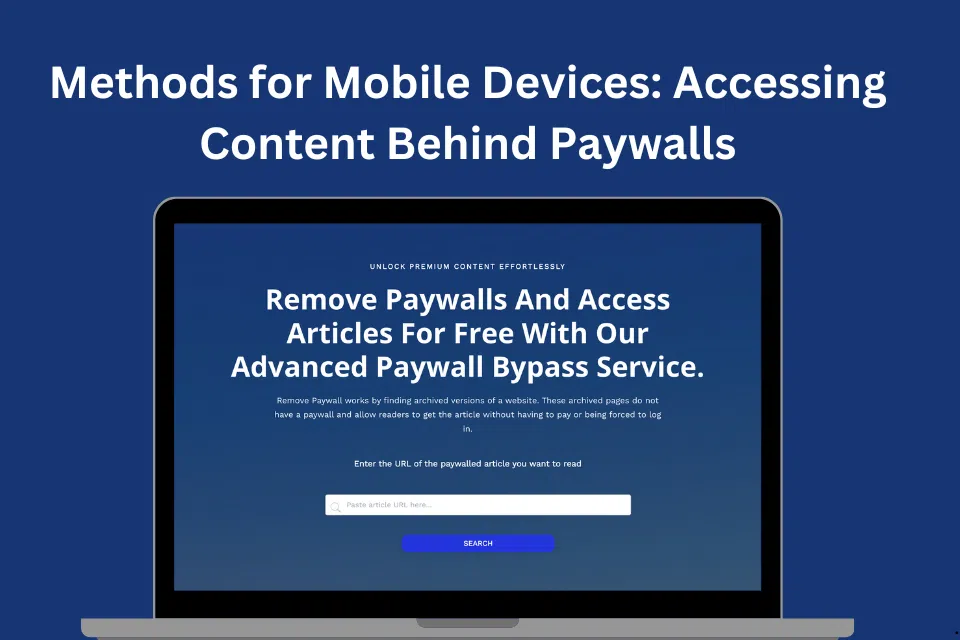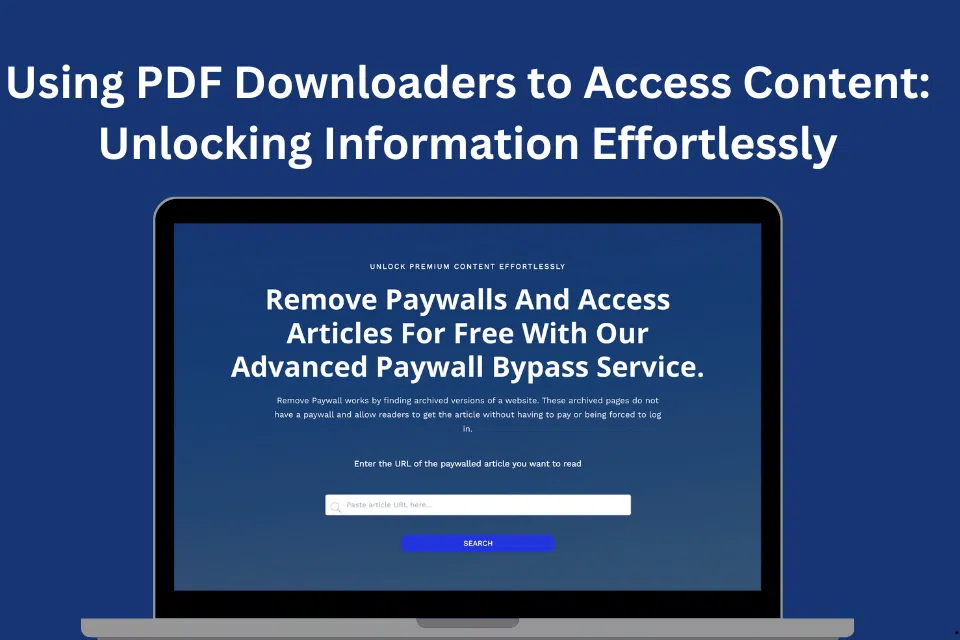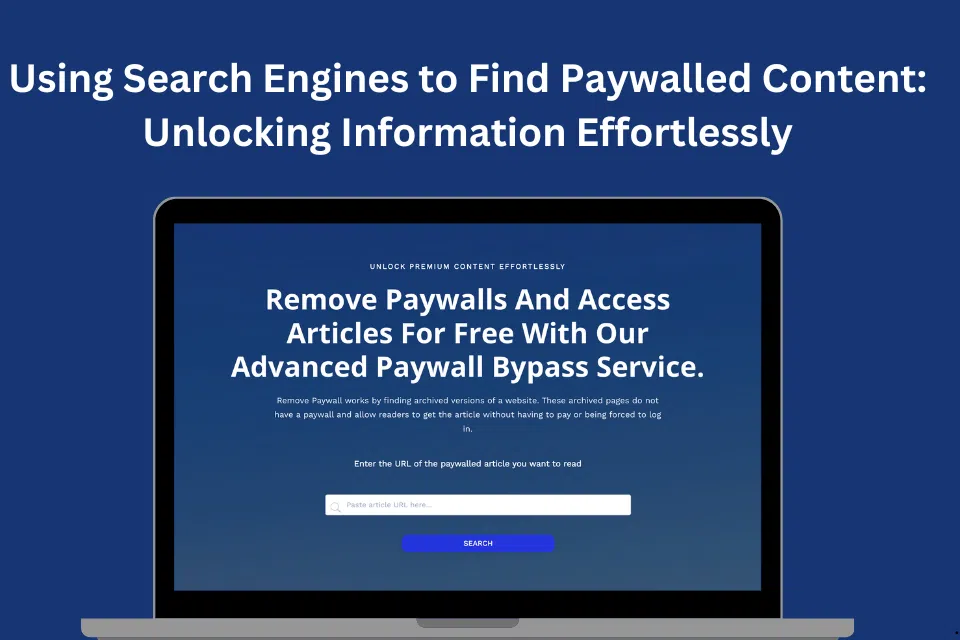Mobile devices are increasingly becoming the primary means by which many people access information, including news and academic articles. However, these platforms are not immune to the frustrations of paywalls. This article provides effective methods to bypass paywalls and read articles for free on mobile devices, ensuring that your quest for knowledge is seamless and uninterrupted.
How to Access Content on Mobile Devices
Mobile Browser Extensions: Similar to desktop browsers, some mobile browsers support extensions that can help bypass paywalls. For instance, browsers like Firefox for Android allow you to add extensions such as uBlock Origin, which can block the elements that enforce paywalls. Installing and configuring the right extensions can open up access to a lot of otherwise restricted content.
Use Reader Mode: Many mobile browsers, including Safari on iOS and Firefox on Android, offer a “Reader Mode” that simplifies web pages for easier reading. This mode often strips away complex layouts and, in some cases, can bypass simple paywalls by focusing on displaying the content that is already loaded on the page.
Private Browsing Mode: Utilizing the private or incognito mode on mobile browsers can sometimes bypass soft paywalls that limit the number of free articles you can read. Since private browsing does not save cookies or site data, the sites you visit won’t count the articles you’ve read, potentially resetting your article count each time you close and reopen the browser.
How to Read Articles for Free on Mobile
News Aggregator Apps: Apps like Google News, Flipboard, and Feedly aggregate content from various sources and can often provide a way to read articles without hitting paywalls. These apps pull from multiple news sources, giving you a broad view of the latest headlines and full articles in some cases.
Web Archive Services: Mobile users can access services like the Wayback Machine or Archive.is through their web browsers. These services store copies of web pages and can be a valuable resource for accessing older content that you might not be able to reach directly due to paywalls.
Social Media and Forums: Often, articles that are behind paywalls on their original websites are freely shared through social media platforms and forums. Platforms like Reddit, Twitter, and Facebook can be useful for finding links to articles that are accessible without subscription.
Conclusion
While the methods described here can help you bypass paywalls and access content for free on mobile devices, it’s important to consider the implications of using such methods. Paywalls often fund the journalism and research you value. If you find yourself regularly benefiting from content from a particular publisher, consider supporting them through a subscription.
For more detailed guidance on bypassing restrictions on different devices and platforms, you might want to explore Effective Strategies to Access Restricted Content, which provides broader insights into navigating digital content barriers.
By understanding and utilizing these methods, mobile users can enhance their access to valuable information, ensuring they remain informed and engaged in a digital age dominated by mobile computing.





